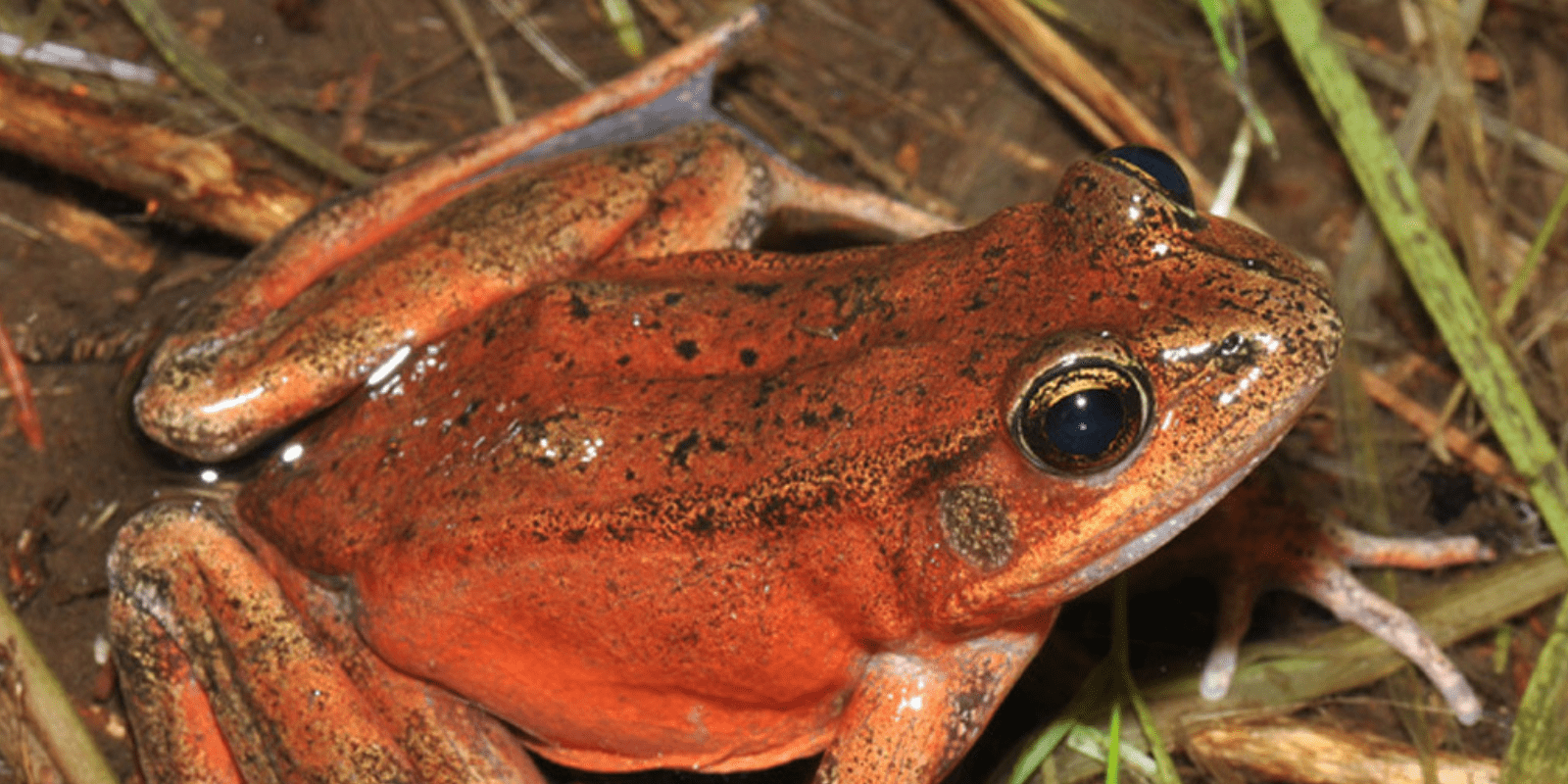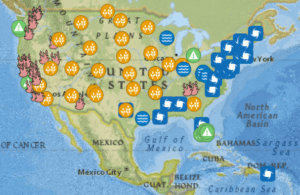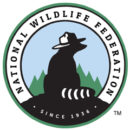We have much more to do and your continued support is needed now more than ever.
Climate Change, Natural Disasters, & Wildlife in California: A Story Map

Climate change-fueled natural disasters are challenging the recovery of at-risk species and making some populations more vulnerable to decline. In California, megafires – wildfires that burn hotter and more intensely than usual – are a growing trend in climate-influenced natural disasters that have plagued communities and wildlife. Because severe fires can burn away much of the vegetation that holds soil in place and retains run-off, when the rainy season returns there is often an increased risk of flooding below the burned area. For example, the debris flows caused by the 2016 Soberanes Fire destroyed critical habitat for California red-legged frogs and steelhead trout.
To communicate these and other risks, National Wildlife Federation has released a new story map, Unnatural Disasters: Climate Change and the Mounting Threats to People and Wildlife, which shows examples of natural disasters that have been worsened by climate change, including hurricanes, harmful algal outbreaks, wildfires, floods, and droughts. Each event on the map includes an estimate of the economic cost, in addition to an illustration of a species that has been impacted by the natural disaster. This map is not a comprehensive record of all natural disasters, but rather a visual way to highlight recent examples of the damage climate-fueled events have on people and wildlife.
VIEW MAP
Policy Recommendations
Climate change is one of the biggest threats to human communities and the long-term survival of America’s wildlife, in part due to worsening natural disasters. Policymakers should adopt practical solutions that will mitigate the impacts of climate change by quickly reducing greenhouse gas emissions and ensuring we are able to adapt and build resilience to those impacts we cannot avoid.
For a more detailed look at National Wildlife Federation’s policy recommendations, please visit: https://www.nwf.org/climatepolicy
Take Action
Join thousands of wildlife champions in sending a message to the EPA that wildlife and communities across the country need real, climate action. The original Clean Power Plan, which would have reduced the amount of climate-disrupting carbon pollution, must be enacted in favor of the current administration’s toothless alternative, an essential “Pro-Coal Plan.”
TAKE ACTION





















